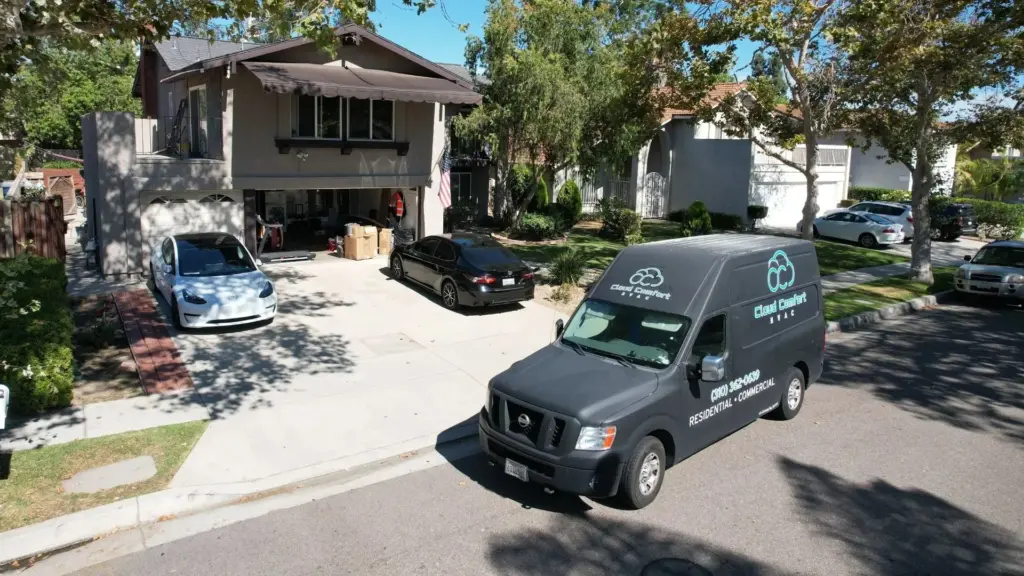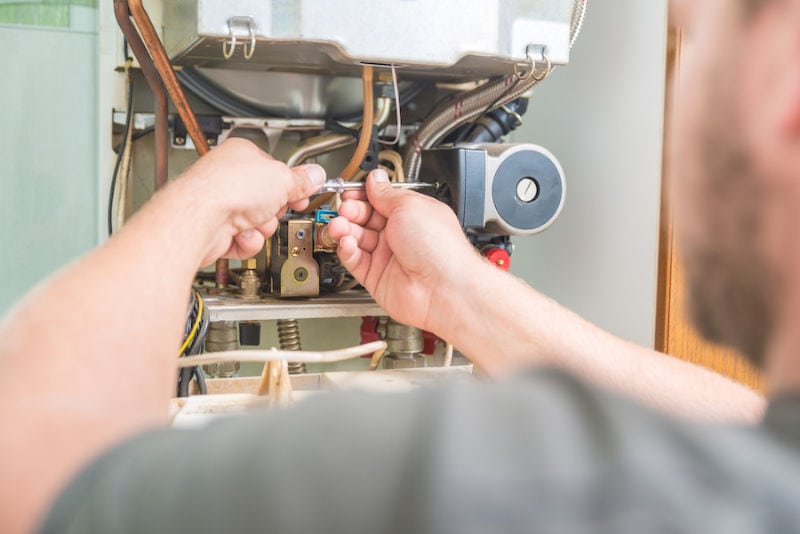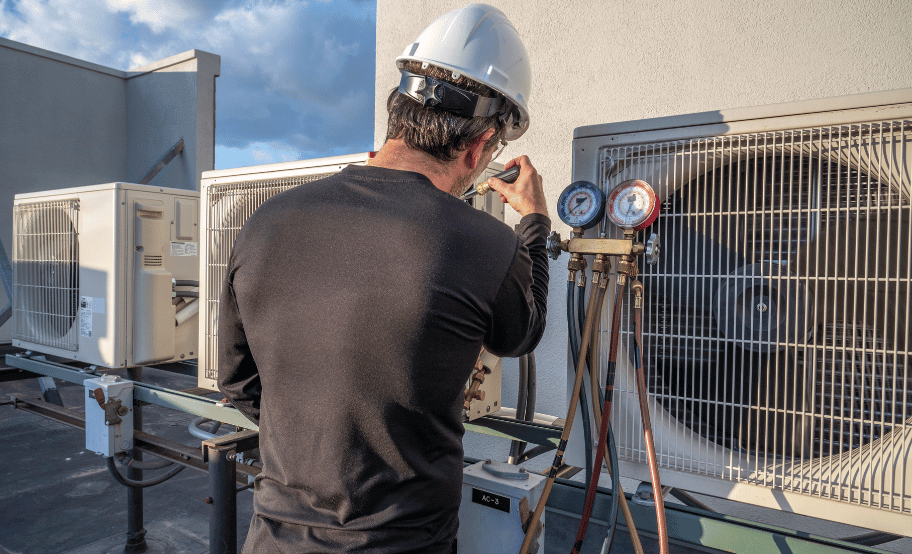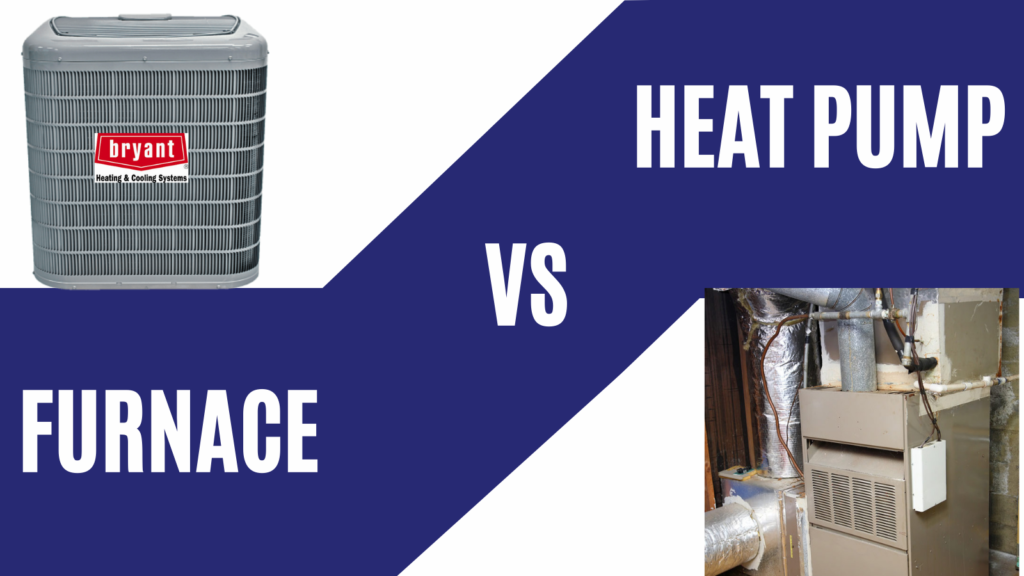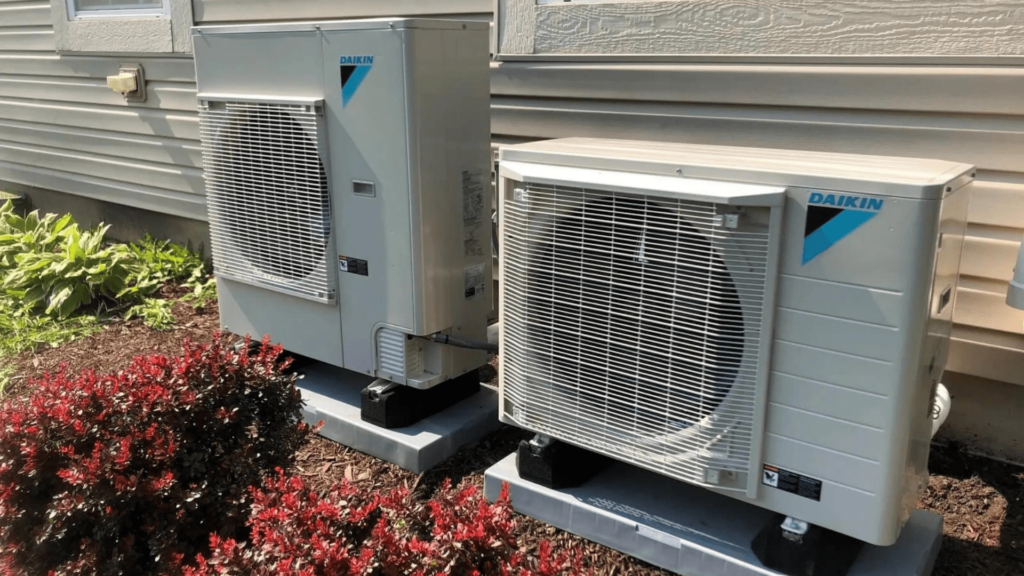
Air conditioning is a necessary aspect of modern life. With technological advancements, most homeowners choose to install an AC unit in their houses to adjust interior temperature. Air conditioning units, like any other electrical device, wear down with time and may need to be replaced. Homeowners may be faced with the decision of whether to repair or replace their air conditioning systems.
Here are some things to think about before replacing your air conditioner.
1: Energy Efficiency
When it comes to updating your air conditioner, energy efficiency should be a major focus. Most households will use up to half of their energy bills for cooling and heating. As a result, your cooling system should be energy efficient to lower your monthly energy expenditures. Consider installing a central air conditioner with an Energy Star label that satisfies industry energy efficiency criteria. These units use less energy to run, lowering your energy usage and costs.
2: Unit Size
The size of the air conditioning unit is critical for maintaining efficiency, comfort, and longevity. Check if the AC unit suits the size of your home and can meet your cooling needs. A tiny unit will consume more energy, whereas an enormous unit would waste electricity, raise your energy expenditures, and shorten the lifespan of your unit.
3: Refrigerants
The refrigerant is the fluid that cools the air inside your home. Older AC units, mostly manufactured before 2010, use R-22 refrigerants that are hazardous to the environment. The government has since phased out R-22 refrigerants for R410A refrigerants, which are eco-friendly. When replacing your air conditioner unit, consider the type of refrigerant the unit uses.
4: SEER Rating
The season energy efficiency ratio (SEER) rating measures the unit’s energy efficiency. The rating system ranges from 13 to 24, with a higher rating indicating higher efficiency. A higher SEER rating may cost more to purchase but will save you money in the long run on energy bills.
5: Costs
While installing an efficient and eco-friendly air conditioning unit may seem like an expensive investment, it will save you money in the long run. Consider the initial purchase price as well as installation costs and potential maintenance costs in the future. Look for rebates, incentives, and programs that help reduce your replacement costs.
6: Air Ducts
The air ducts are the primary conduits for air circulation throughout your home. Ensure your ductwork is clean, sealed correctly, and the appropriate size for your new air conditioner. Dirty and leaky ducts will reduce the efficiency of your new AC, leading to increased energy consumption.
7: System Compatibility
Replacing your unit may also mean the need to replace other components like the thermostat, air handler, or condenser. Ensure the new unit is compatible with the other components of your cooling system to ensure maximum efficiency and functionality.
8: Warranty
Your new air conditioner should come with a warranty that covers parts and labor. Consider the duration of the warranty and if it includes emergency service repair.
9: Hire a Professional
Replacing your air conditioning may seem like a simple DIY project, but it’s not. You may realize that it may require complex electrical and refrigeration work that only a licensed professional can handle. Ensure the installer is licensed, insured, and has the necessary tools and experience to install the new unit.
10: Maintenance and Care
In addition to considering the above factors, it’s crucial that you ensure your new central air conditioning is well-maintained and cared for if you want it to run efficiently. Regularly inspect your unit for any signs of damage or wear and tear, such as frost buildup on the unit. Replace the filters as needed, and clear away any debris from around your outdoor unit to maintain good airflow. Scheduling regular maintenance with a Commercial AC Repair Company in California can also help ensure your AC system is running optimally throughout its lifespan. By considering the above factors when replacing your air conditioner, you’ll be able to make an informed decision that
Conclusion
Replacing your air conditioner is a significant investment that requires critical decision-making. Consider the energy efficiency, unit size, refrigerants, SEER rating, costs, air ducts, system compatibility, warranty, and hiring a professional installer when replacing your aircon unit. An HVAC Technician in California will assist you in selecting an Air conditioner that meets your needs and ensures it is correctly installed, functional, and meets industry standards. A Mini-Split HVAC System in California is an energy-efficient heating and cooling solution that can be used to heat and cool single areas or large spaces.
If you are looking for the best heating and cooling companies in your area, reach out to Cloud Comfort HVAC a reliable and reputable Heating and Cooling contractor in California at 1-424-376-3298.

